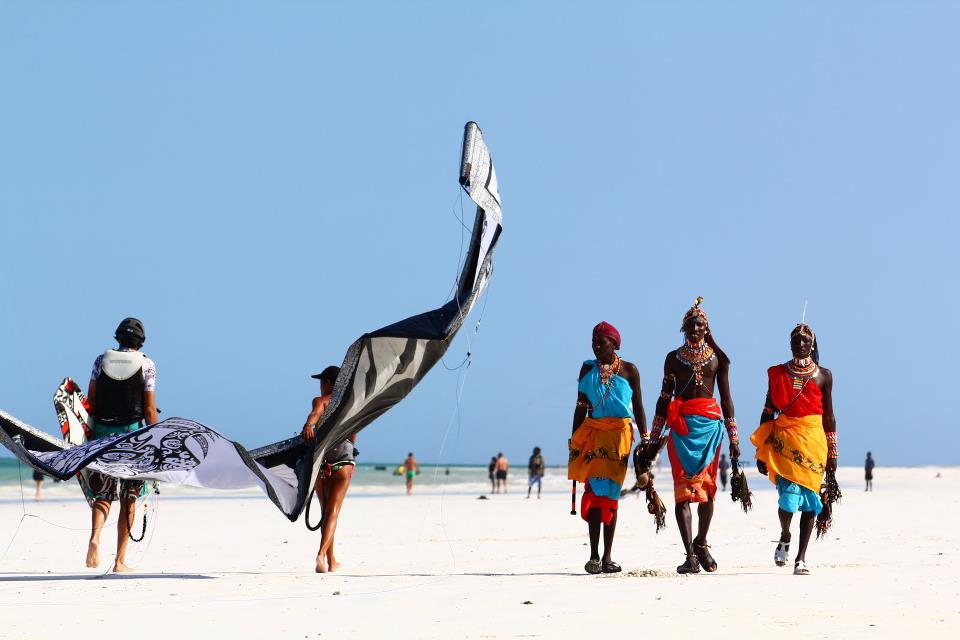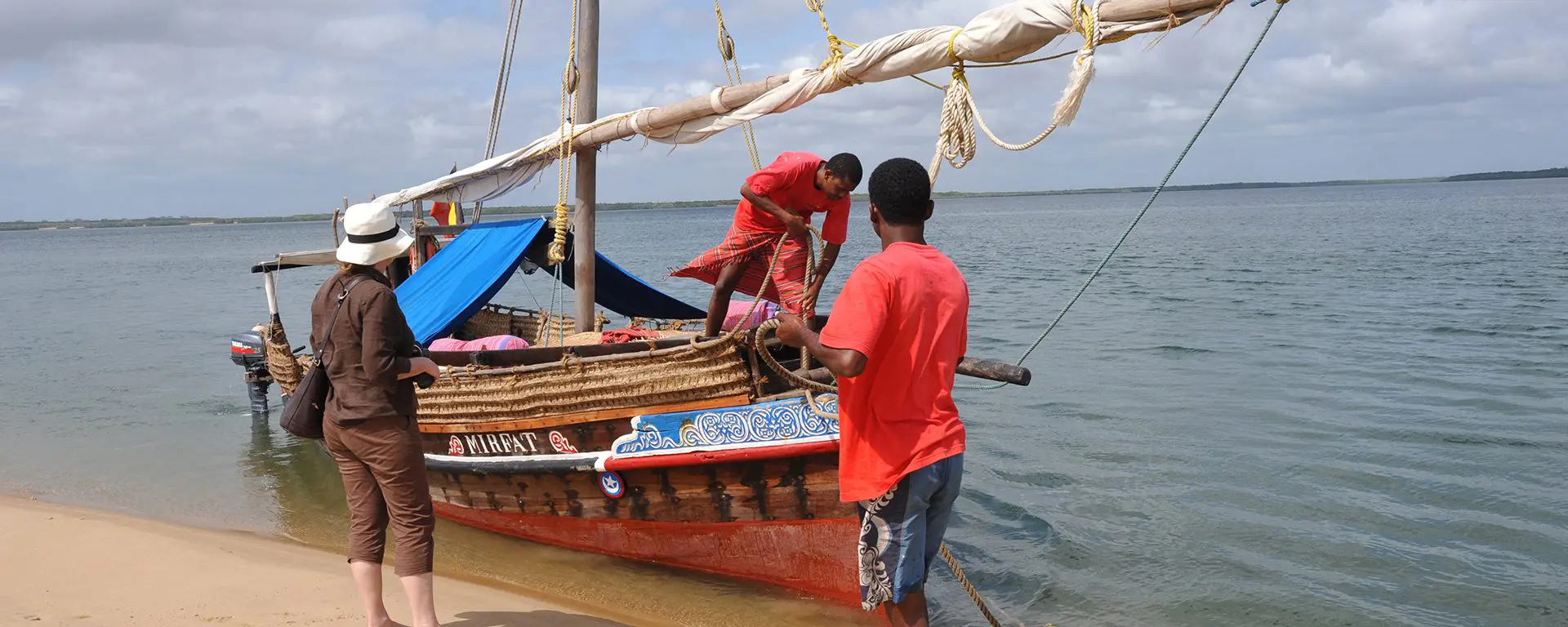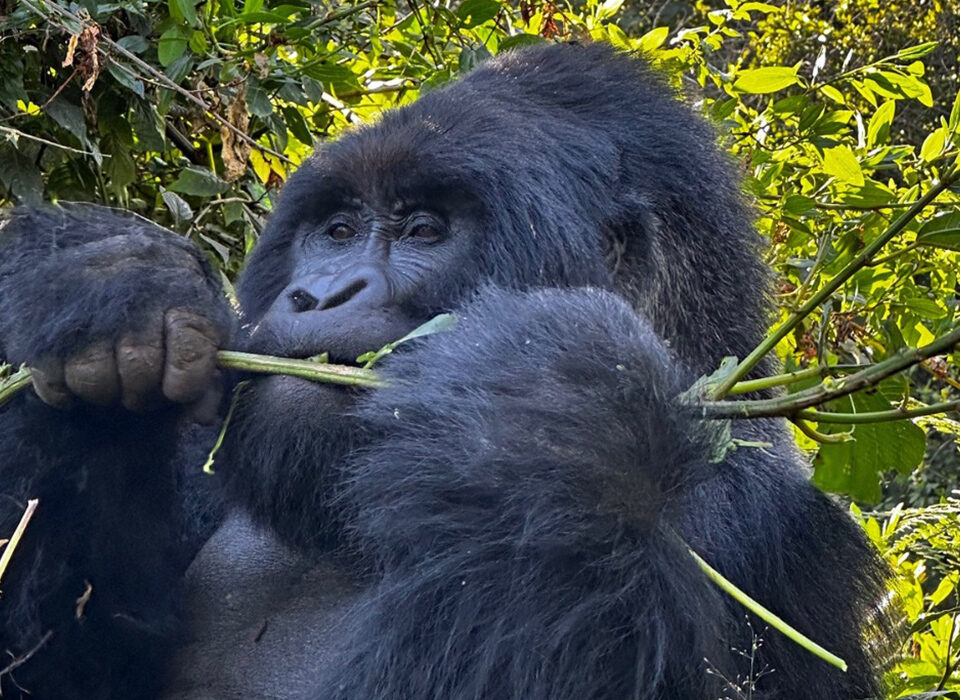
Can I go kite surfing in Diani?
November 19, 2025
What are the best seafood dishes in Kenya?
November 19, 2025What’s the Swahili culture like on the coast?

What’s the Swahili Culture Like on the Coast?
Along Kenya’s coastline lies one of Africa’s most captivating cultural tapestries—the Swahili culture. This centuries-old coastal civilization is a rich blend of African, Arab, Persian, and Indian influences shaped by centuries of trade, migration, and interaction along the Indian Ocean shores. From Lamu and Mombasa to Malindi, Watamu, and Shimoni, the Swahili culture breathes through everyday life: the architecture, language, clothing, food, traditions, music, and community values.
Visitors often ask: What’s the Swahili culture like on the coast? The answer is profound. Swahili culture is warm, poetic, vibrant, hospitable, deeply spiritual, and uniquely timeless. It is a culture that welcomes guests with open arms, values and celebrates community, and preserves its ancient traditions even as it adapts to modern influences.
This blog explores the heart of Swahili culture—from its historical roots to daily customs, culinary traditions, festivals, and more—giving travelers a deep understanding of what makes the Kenyan coast such a beautifully unique destination.
The Origins of Swahili Culture
The Swahili people, known as Waswahili, emerged from a long history of interaction between Bantu-speaking African communities and Arab, Persian, and Indian traders who sailed along the East African coast beginning as early as the 8th century. The name Swahili comes from the Arabic word sahil, meaning “coast.”
Over time, intermarriage, trade, and cultural exchange created a distinct coastal society with its own language (Kiswahili), architectural style, fashion, cuisine, and social system.
Swahili culture is therefore both African and cosmopolitan—a maritime civilization that grew from the rhythms of the ocean and the connections forged across it.
Language: The Heart of Swahili Identity
Kiswahili is one of Africa’s most widely spoken languages, and it is the backbone of Swahili culture. It is melodic, expressive, and deeply poetic. Many coastal communities speak Kiswahili as their first language, while English and local dialects complement communication.
Common phrases include:
• Karibu – Welcome
• Asante – Thank you
• Jambo – Hello
• Pole pole – Slowly, gently, peacefully
• Hakuna matata – No worries
The language reflects the culture’s calm demeanor, emphasis on politeness, and love for poetic expression.
Swahili Architecture: A Unique Blend of Heritage and Craftsmanship
One of the most striking aspects of Swahili culture is its architecture. From Lamu Old Town to old Mombasa and Malindi, traditional Swahili architecture features:
• coral stone houses
• intricately carved wooden doors
• shaded courtyards
• flat rooftops
• arched windows
• airy verandas
These homes are designed to maximize ventilation and coolness in the tropical climate.
The famous Lamu doors, carved with geometric and floral patterns, tell stories of family heritage, Islamic symbolism, and artistic expression. Walking through the narrow streets of Lamu or Mombasa feels like stepping back into a world shaped by centuries of craftsmanship and maritime trade.
Religion and Spirituality
Swahili culture is deeply influenced by Islam, which arrived with early traders centuries ago.
Most coastal communities are predominantly Muslim, and Islamic traditions form a central part of daily life. These include:
• call to prayer echoing across towns
• modest dress, especially in older neighborhoods
• celebration of Ramadan and Eid festivals
• community gatherings in mosques and homes
Religion in Swahili culture is practiced gently and respectfully, emphasizing peace, compassion, and social harmony.
Cuisine: A Feast of Flavors from Land and Sea
Swahili cuisine is one of the richest culinary traditions in East Africa—a fragrant fusion of African staples with Arab, Persian, and Indian influences.
Signature dishes include:
• Pilau – spiced rice cooked in broth
• Biryani – layered rice dish with meat or fish
• Viazi karai – spiced, deep-fried potatoes
• Samaki wa kupaka – grilled fish in coconut sauce
• Mahamaru – coconut bean stew
• Mandazi – sweet coconut doughnut
• Mkate wa sinia – coconut rice cake
• Mbaazi na nazi – pigeon peas in coconut
Coconut, cloves, cardamom, turmeric, cinnamon, tamarind, and fresh seafood define the Swahili palate.
Meals are often enjoyed slowly, in community, and with generous hospitality.
 Clothing: Elegance, Modesty, and Color
Clothing: Elegance, Modesty, and Color
Swahili clothing reflects a blend of tradition and modern style.
For Women
• Buibui – black flowing robe
• Kanga – colorful printed cloth with messages
• Hijab – headscarf
The kanga is particularly significant; each cloth carries a Swahili proverb or poetic phrase that communicates wisdom, humor, or emotion.
For Men
• Kanzu – white or cream robe
• Kofia – embroidered cap
These garments emphasize modesty, elegance, and cultural pride.
Social Life: Community, Hospitality, and Harmony
Swahili culture places immense value on:
• community ties
• respect for elders
• warmth toward guests
• peaceful coexistence
Hospitality is deeply ingrained. Guests are offered food, tea, and comfort without hesitation.
Conversations often flow over kahawa tungu (strong Swahili coffee), shared under shaded verandas or in communal sitting rooms.
Music and Dance: The Rhythm of Swahili Spirit
Music is central to Swahili identity, blending African drumming with Arabic melodies and poetic lyrics.
Taarab Music
Taarab is the most famous Swahili musical genre. It features:
• violins
• oud
• qanun
• drums
• string ensembles
Its lyrics are poetic and emotional, often expressing love, longing, or social commentary.
Traditional Dances
• Chakacha – a lively African/Swahili dance
• Ngoma – traditional drumming and dancing
• Kidumbak – rhythmic island-style music
These performances are common during weddings, festivals, and family celebrations.
Festivals and Celebrations
Swahili culture is rich in annual festivals that celebrate art, food, religion, and tradition.
1. Lamu Cultural Festival
A vibrant celebration featuring:
• donkey races
• dhow sailing competitions
• henna art
• Swahili poetry
• traditional dances
2. Maulid Festival
A spiritual celebration marking the Prophet Muhammad’s birthday, attracting pilgrims and cultural enthusiasts.
3. Mombasa Carnival
Features street parades, Swahili music, food stalls, and colorful displays showcasing Kenya’s coastal diversity.
4. Lamu Yoga Festival
An international event hosting yoga sessions across Lamu, Shela, and Manda—highlighting peace, wellness, and cultural exchange.
These festivals reflect Swahili values of community, creativity, faith, and harmony.
Family and Social Structure
Family is at the center of Swahili culture.
Extended families often live close to one another, and communal upbringing is common.
Respect for elders is paramount, and traditions are passed down through storytelling, poetry, and shared meals.
Swahili Art and Craft
The coast is home to remarkable artisans known for:
• carved wooden furniture
• dhow-building
• leatherwork
• handwoven baskets
• beaded jewelry
• henna designs
• brass and silver ornaments
Lamu and Mombasa are some of the best places to buy traditional Swahili artwork.
The Influence of the Indian Ocean
The ocean is more than scenery—it shapes Swahili life.
It influences:
• livelihoods (fishing, dhow building, trade)
• cuisine (seafood-rich dishes)
• transportation (boats and dhows)
• cultural identity (maritime heritage)
• daily rhythms (tides, monsoon winds)
The sea has long connected the Swahili Coast to Arabia, India, Persia, and beyond, shaping centuries of cultural exchange.
The Swahili Way of Life
If one had to summarize Swahili culture in a few phrases, it would be:
• Pole pole – life moves slowly
• Uswahili – elegance, courtesy, culture
• Ujirani mwema – good neighborliness
• Upendo – love and kindness
• Utamaduni – heritage and tradition
It is a culture where time is not rushed, relationships matter, and beauty is found in simplicity.
What’s the Swahili Culture Like on the Coast?
Swahili culture on Kenya’s coast is a vibrant blend of African roots, Arab influences, maritime traditions, and deep community values. It is expressed through language, architecture, food, music, clothing, festivals, and a warm, welcoming spirit that embraces visitors with generosity and grace.
Visiting the Swahili Coast is not just a trip—it’s an immersion into a living heritage shaped by centuries of ocean trade, united by community, and enriched by artistry, poetry, and beauty. The Swahili culture is peaceful, elegant, spiritual, and unforgettable—making Kenya’s coast one of the most culturally captivating destinations in the world.
To explore the Swahili Coast in depth—with guided cultural tours, beach stays, historical explorations, and personalized experiences—consider booking your journey with Experiya Tour Company. Their expert planning ensures you discover the true heart of Swahili culture while enjoying comfort, insight, and unforgettable memories.



